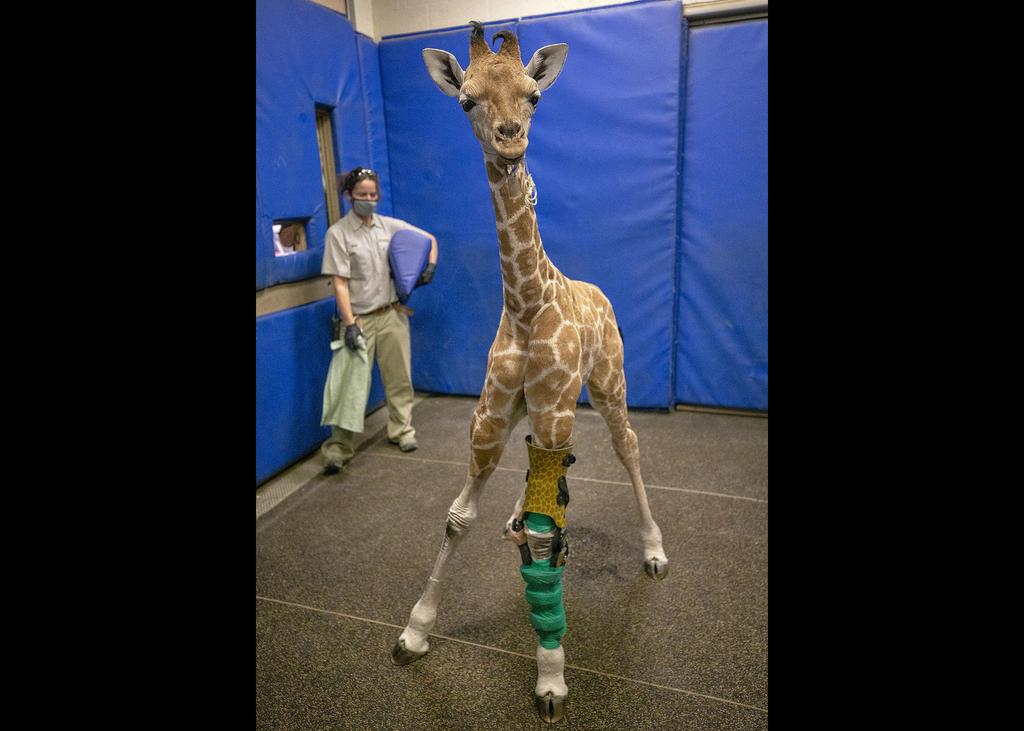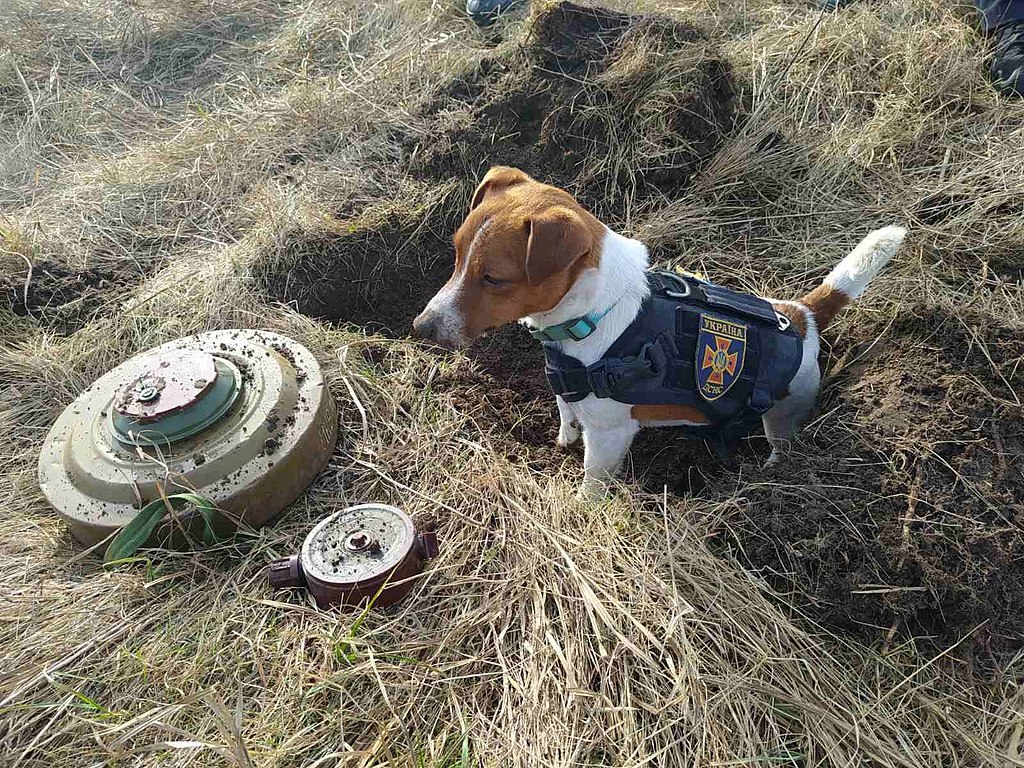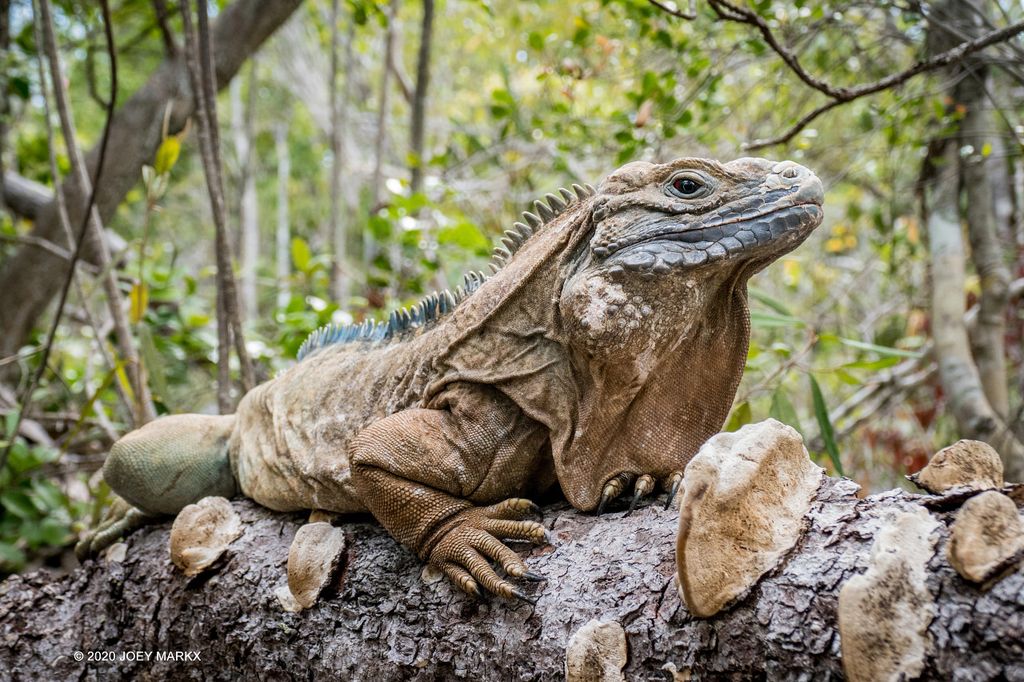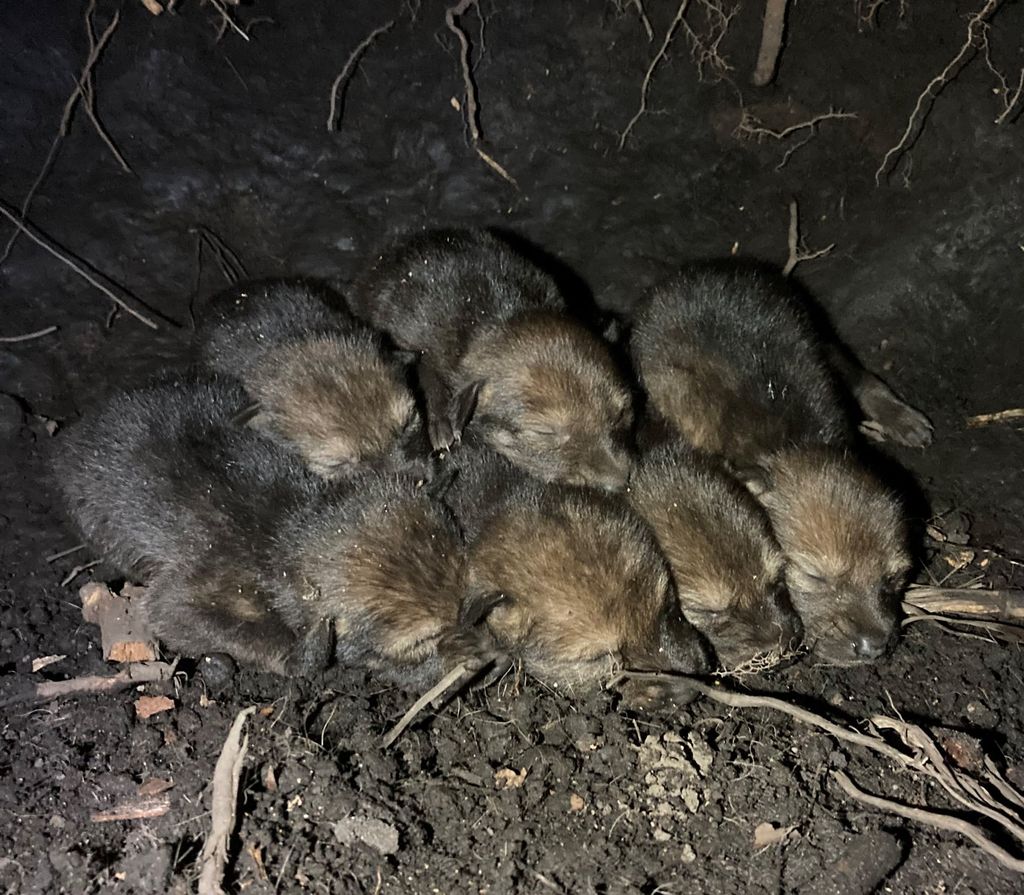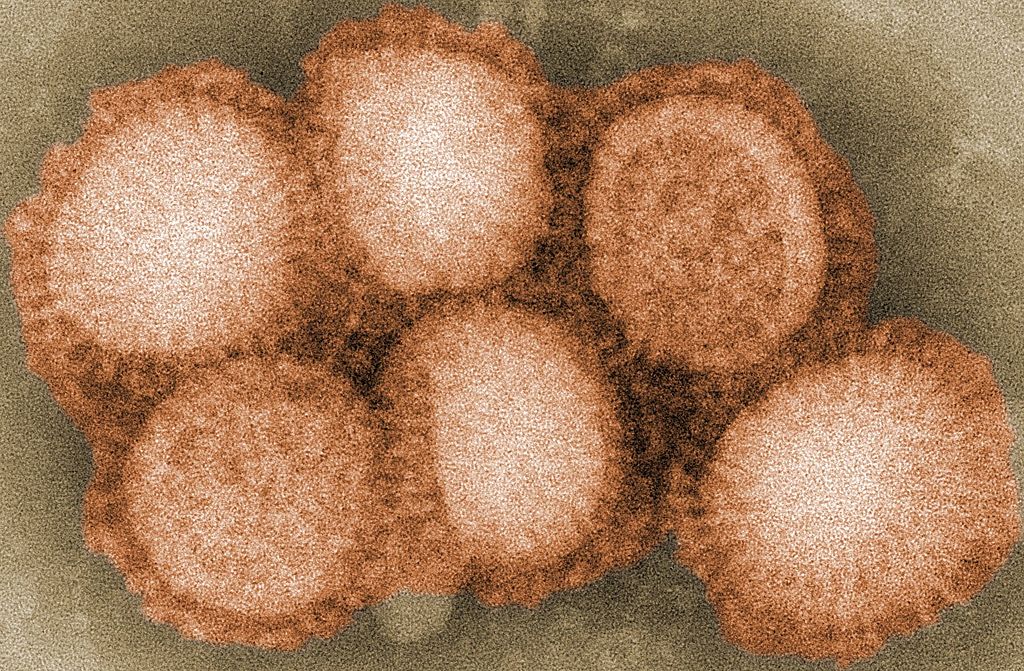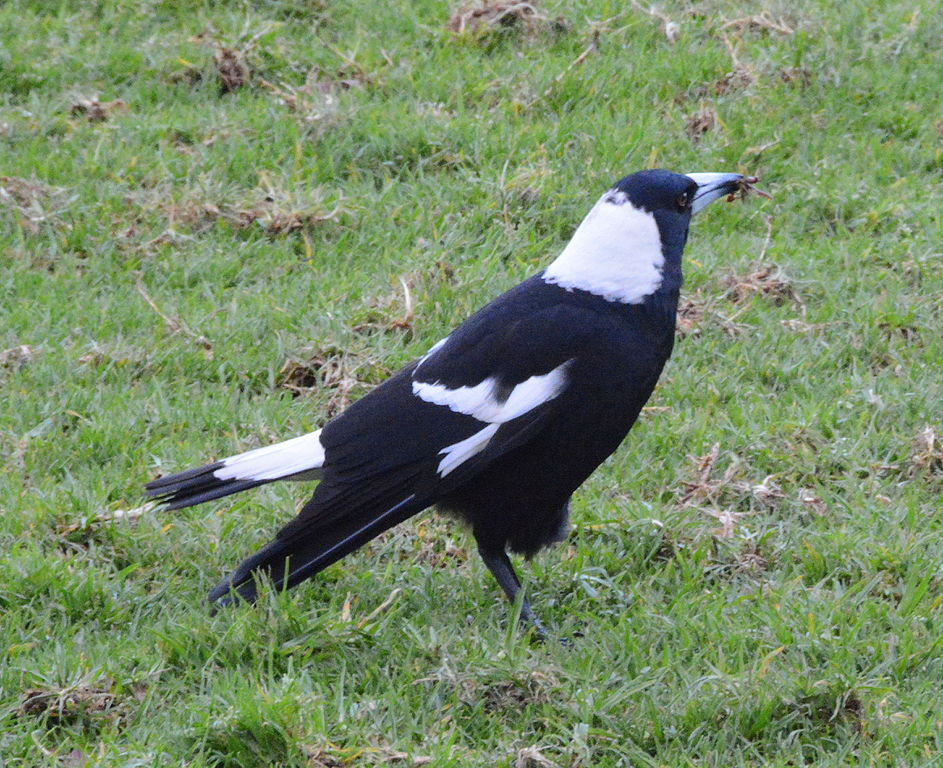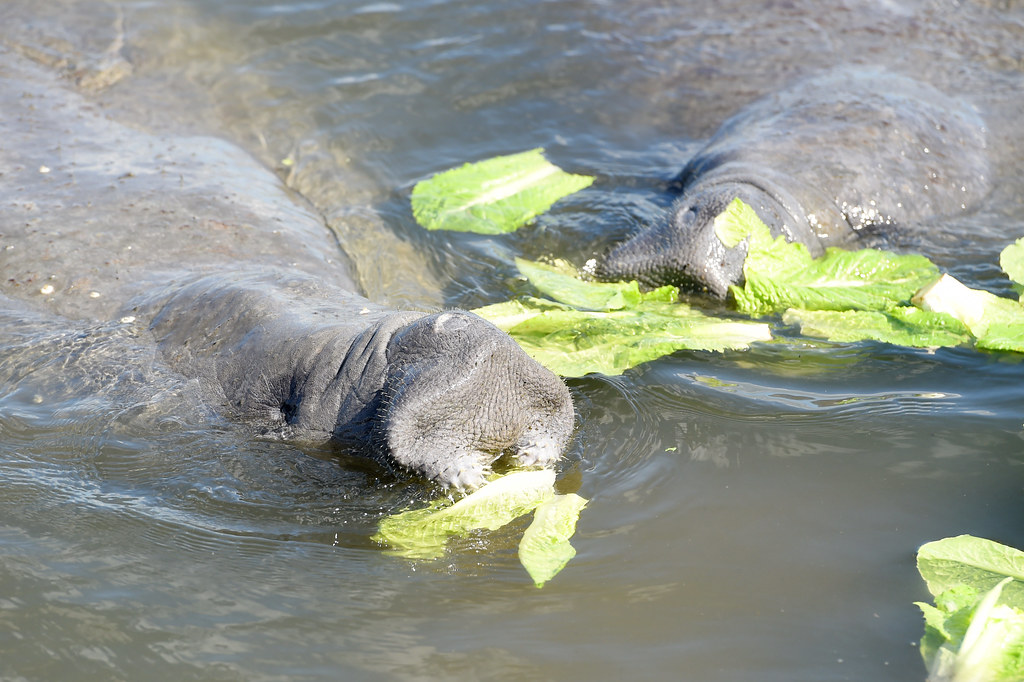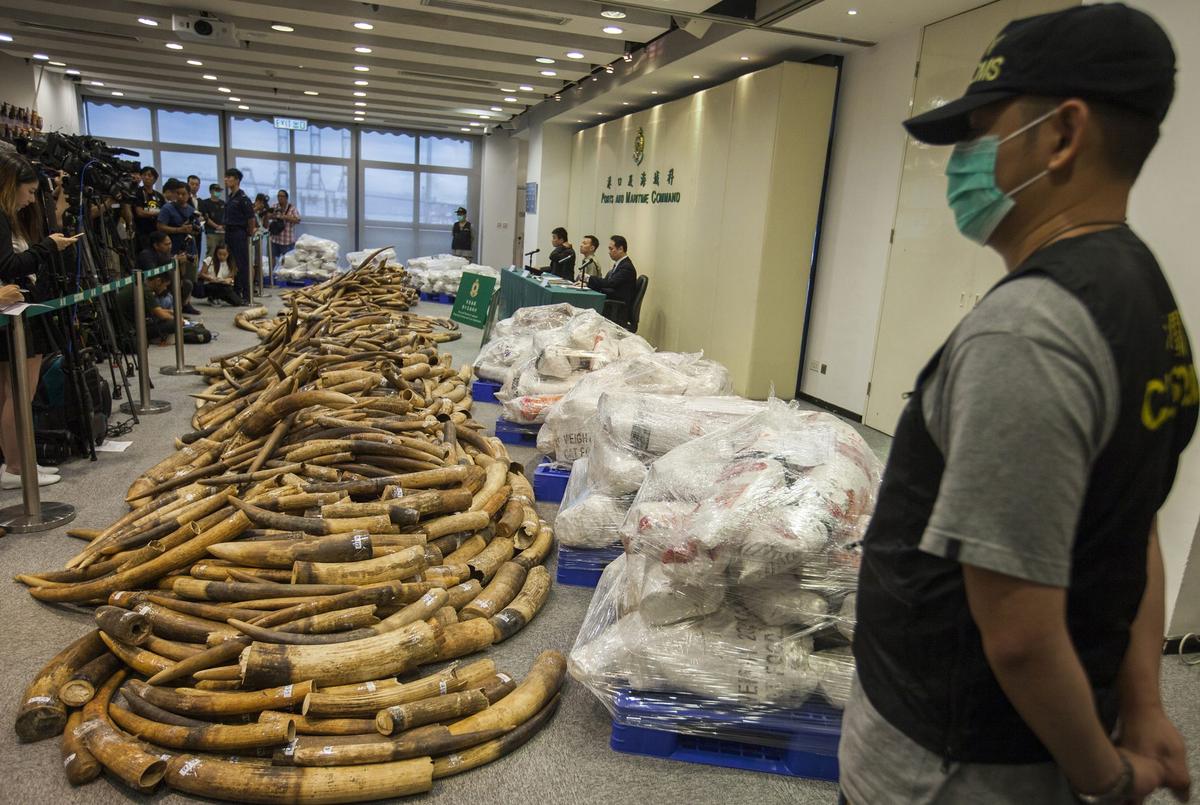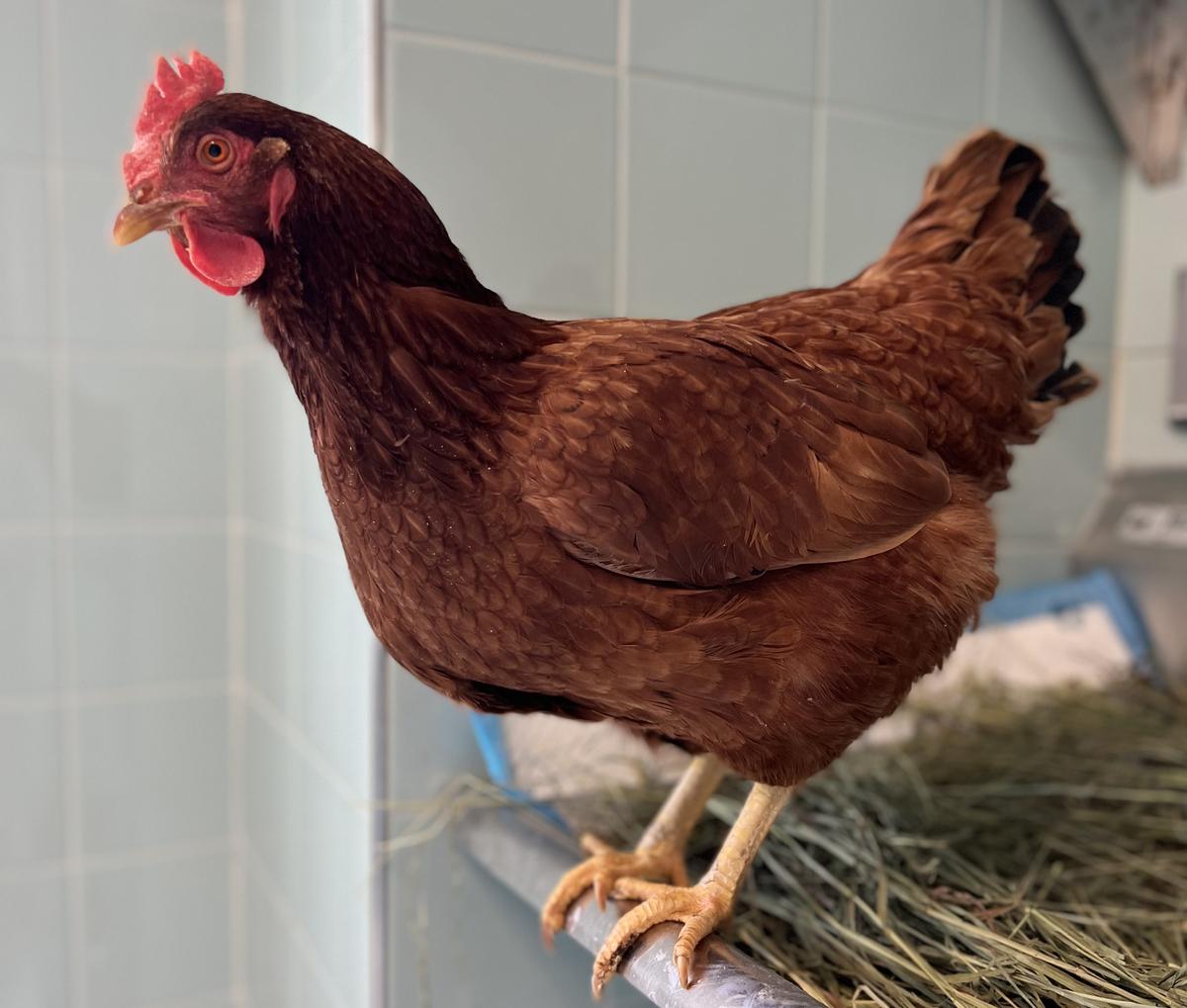In the past, scientists have shown that bees have some surprising math skills. Now, new research shows that bees can even be trained to tell the difference between odd and even numbers. Before this, humans were the only animals known to have this ability.
Posts tagged as “animals”
When Msituni was born, zoo keepers were worried the baby giraffe might die. Her front legs bent the wrong way, making standing nearly impossible. Now, thanks to special braces, she's healthy and playing with other giraffes.
Last Sunday, Ukraine President Volodymyr Zelensky presented an award to a Ukrainian who has worked hard to keep people in the country safe. The unusual winner of the award was a small dog called Patron, who has become famous for his bomb-sniffing talents.
A recent scientific report says that more than one-fifth of the world's reptiles are at risk of dying out. The main threat to reptiles is the loss of their natural homes, as humans take over more and more natural areas.
Last Thursday, the US Fish and Wildlife Service announced that six red wolf pups had been born in the wild. That's great news for endangered red wolves, and marks the first time these pups have been born in the wild since 2018.
An outbreak of "avian flu" - an illness affecting birds - has swept the world. The disease has been spread by migrating birds. It moved from Asia to Europe, and has now spread to North America. The flu has led to the deaths of tens of millions of birds.
Science experiments don't always go as planned, but that doesn't mean you can't learn from them. Recently, Australian scientists learned something unexpected about magpies when they tried to attach trackers to them to learn more about their habits.
In an unusual move, wildlife workers in Florida are feeding manatees to keep them from starving. But feeding these massive sea creatures takes a lot of food. So far, the rescue workers have already given out 25 tons of lettuce.
Every year, as many as 50,000 elephants in Africa are killed illegally for their ivory tusks. Now scientists have improved DNA methods that allow them to match up tusks, and help track down criminal gangs that are selling the ivory.
In today's news roundup, Australia and the Philippines re-open to tourists after nearly two years, Queen Elizabeth II of England celebrates 70 years on the throne, and a man in Indonesia rescues a crocodile that has had a tire stuck on its neck for six years.
In today's news roundup, British Prime Minister Boris Johnson is under intense pressure over parties held during lockdown, record-setting football quarterback Tom Brady is retiring, and a chicken is caught in the security area at the US Department of Defense.


